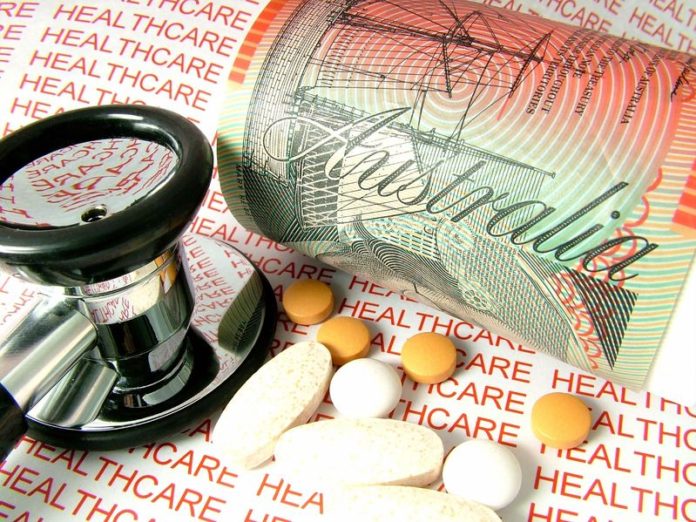
Transcript: AMA President, A/Prof Brian Owler, 4BC Brisbane radio, 13 June 2014
Subject: Budget impact on pathology and diagnostic imaging
PATRICK CONDREN: Doctors are worried that patients won’t want to go for medical tests because of the cost. You could have to pay up to $1000 in advance to get CAT scans, MRIs, and x-rays as a result of the Budget. The President of the Australian Medical Association is Dr Brian Owler. Dr Owler, good morning. Thank you for your time this morning.
BRIAN OWLER: It’s a pleasure. Thank you.
PATRICK CONDREN: How will these costs affect patients, do you think?
BRIAN OWLER: Well, look, there’s been a lot of discussion about the co-payment from the Budget, particularly GP co-payments, but co-payments also apply to pathology and diagnostic imaging. It becomes a little bit more complex for these because it’s not just about the $7 co-payment, they’ve also lost their bulk billing incentive, which is 10 per cent of the item number, which applies to all patients currently. And so for many places that do bulk bill for diagnostic imaging, they’ll be able to charge the $7 co-payment and people will be able to then just pay the $7 and proceed to the other core biopsy, well, again, more money going on the credit card, which is going to end up being hundreds of dollars, and then follow up with the GP with more co-payments.
Now, the problem with that is that we’re discouraging that woman from sorting that problem if they know they’re going to have to pay these costs. And what you may end up finding is that you’ve got people with these sorts of problems that defer going to their GP to have them sorted out early, wait until it’s too late, and then turn a potentially curable problem into one that is incurable or is going to require a lot more expensive treatment.
PATRICK CONDREN: And the key, to my way of thinking, to my understanding to all the stuff that I’ve read, is particularly when it comes to some cancers, for example, is that early detection is best.
BRIAN OWLER: Absolutely.
PATRICK CONDREN: So are you saying, and I don’t want to put words into your mouth, Professor, but are you saying that people will – perhaps people that can least afford it – will delay medical detection, early detection because they can’t afford it.
BRIAN OWLER: That’s exactly what we’re saying, because if you look at the data that was released from the COAG Reform Council report yesterday, if you look at the most disadvantaged in our society, already with 80 per cent bulk billing rates by GPs, about 12 per cent defer or don’t go to their GP because of cost.
Now, if you start to introduce the co-payment not just for general practice, but also pathology and diagnostic imaging, and it ends up being a lot more than $7, as I mentioned before, you can only see that figure going up very significantly. And we know that early – as you said – early detection is best and prevention, of course, is even better.
So our worries about co-payments is not about co-payments, per se. Many doctors already charge them for those that can afford it. But we are worried about those most vulnerable in our society, those in aged care, the young, and those that are the working poor for which these sorts of costs are a significant barrier to them accessing healthcare.
PATRICK CONDREN: And when would you expect these costs to start kicking in?
BRIAN OWLER: Well, if the Budget measure goes through the Senate and is passed, and that’s the first hurdle, the plan is to introduce these measures next year 1 July 2015.
PATRICK CONDREN: Cool. Okay. Professor, thank you for your time this morning.
